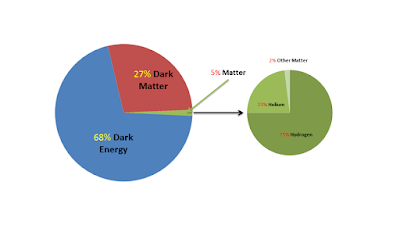What is Cultured Or Cell-Based Meat?
On 5 August 2013, at a news conference, people eat a burger. The specialty of that burger was that- it was made in a lab. It was made by Dr. Mark Post of Maastricht University and his team.Cultured Meat or Cell-Based Meat?
Cultured or cell-based meat is a meat mad in the lab. No animals are harmed during the whole process of making this meat.
 |
| Cultured Meat or Cell-Based Meat |
History Of Cultured Meat
It was first imagined by Sir Winston Churchill. He Winston Churchill suggested in 1931: "We shall escape the absurdity of growing a whole chicken in order to eat the breast or wing, by growing these parts separately under a suitable medium."
In 1971, American professor Russell Ross was first to test it practically. He grew cells of a guinea pig in his lab for 8 weeks.
In 1998, Jon F. Vein of the US applied for the patent.
Nasa is also working on creating cultured meat. It will help to reduce the dependence of astronauts and will make them live in space for the long term.
PETA, a non-profit organization, working for animal welfare, announced a $1 Million prize who will make chicken meat first in the lab before 2012. But no one won that prize.
Cost
Dr. Mark Post, the first person to make the burger of cultured meat. He made that with the cost of $300,000 and took 2 years. According to a report of July 2019, price of a cultured meat burger will fall to $10 till 2021
Process
First, we take the cells of animals, whose meat we want. Second, It is mixed with a solution called growth medium. It gives nutrients to the cell. The cells are grown in a three-dimensional structure called Scaffold.
Benefits of Cultured Meat
- 18% of greenhouse gases are released by livestock farming.
- 30% of the land is locked in livestock farming.
- 80% of antibiotics are used by the meat industry. These antibiotics are used for preventing infections and increasing the weight of animals. These antibiotics affect the consumer of these meats. This cause many types of diseases.
Watch this Hindi video on cultured meat:







No comments:
Post a Comment